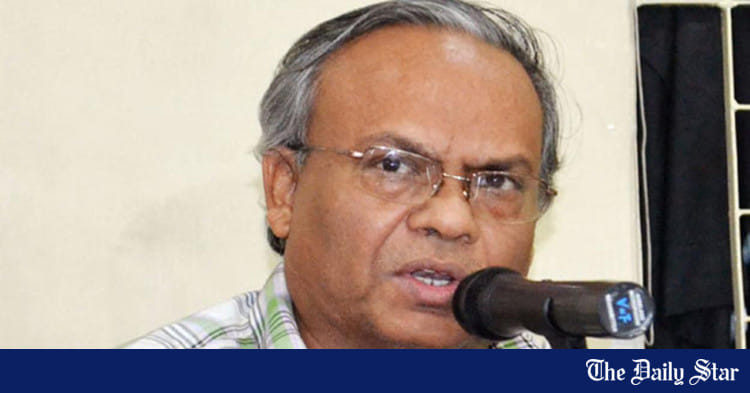Saif
Senior Member
- Joined
- Jan 24, 2024
- Messages
- 17,319
- Likes
- 8,373
- Nation

- Residence

- Axis Group


BJP leaders lodge protest with Bangladesh mission in Kolkata
Senior leader of Bharatiya Janata Party Suvendu Adhikari from the Indian state of West Bengal submitted a protest note to the Bangladesh deputy high commission in Kolkata on Monday, urging action against those who chanted anti-India slogans during recent student protests, according to Indian...
 www.newagebd.net
www.newagebd.net
BJP leaders lodge protest with Bangladesh mission in Kolkata
New Age Online 30 July, 2024, 05:52
Senior leader of Bharatiya Janata Party Suvendu Adhikari from the Indian state of West Bengal submitted a protest note to the Bangladesh deputy high commission in Kolkata on Monday, urging action against those who chanted anti-India slogans during recent student protests, according to Indian media outlet theweek.in.
Adhikari, who is the leader of the opposition in the West Bengal assembly, visited the Bangladesh deputy high commission with a group of BJP MLAs and met with Bangladeshi officials.
'We met with officials at the Bangladesh deputy high commission and appealed to them to take action against the people who chanted anti-India slogans. During the recent protests in Bangladesh, slogans were raised against India, and insults were hurled at Indian leaders and the Hindu religion,' Adhikari was quoted as saying.
New Age Online 30 July, 2024, 05:52
Senior leader of Bharatiya Janata Party Suvendu Adhikari from the Indian state of West Bengal submitted a protest note to the Bangladesh deputy high commission in Kolkata on Monday, urging action against those who chanted anti-India slogans during recent student protests, according to Indian media outlet theweek.in.
Adhikari, who is the leader of the opposition in the West Bengal assembly, visited the Bangladesh deputy high commission with a group of BJP MLAs and met with Bangladeshi officials.
'We met with officials at the Bangladesh deputy high commission and appealed to them to take action against the people who chanted anti-India slogans. During the recent protests in Bangladesh, slogans were raised against India, and insults were hurled at Indian leaders and the Hindu religion,' Adhikari was quoted as saying.





































